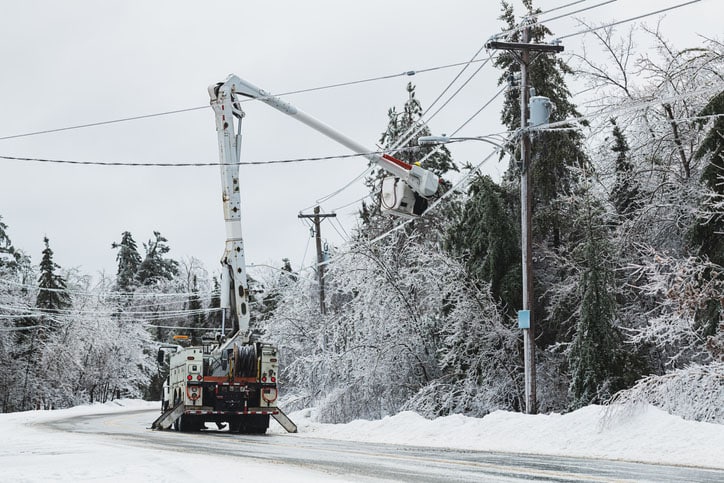
Well here we are after two Seders, stuffed to the gills, exhausted from schlepping the chairs, cooking the meals and setting the table, broke from the high cost of kosher brisket and turkey, and constipated from eating too much matzah. Unfortunately, many of us in Montréal encountered another challenge for this year’s Pesach celebrations. On Wednesday morning, as the briskets and lambs were going into the oven, the salade cuite and chicken soup were bubbling on the stove top, and some last minute matzah ball mix and potato starch purchases were being made at the local grocery store, the sky turned dark, the wind started howling and a mixture of hail, ice pellets and freezing rain starting falling from the heavens.
As we watched from our windows, it looked like one of the ten plagues was being repeated right on our front lawns. Passover is a time to remember the passage from Egypt, and before the Hebrews were allowed to leave, G-d had to convince Pharaoh and the Egyptian masses that he really was all-powerful and he could throw anything at them to get them to change their minds. In modern times we tend to forget the power of G-d and nature. We take for granted that the lights will go on, our gadgets will give us instant communication with friends and family, the microwave will beep and hot water will spurt from our showers.
The April 5th ice storm proved us wrong again. As the tree branches became coated with layers of freezing rain, they started to bend and break, taking with them the power lines, cables and telephone wires. All of a sudden many homes turned dark, cell phones, WiFi and landlines didn’t function and furnaces became cold. As the day turned to evening, this time the plague of darkness was being experienced by many souls, not just the Egyptians.
So perhaps these “plagues” of hail and darkness were a blessing in disguise. It taught us to appreciate what we have and not to take our freedoms for granted.
How would the Jews of Montréal celebrate their Passover Seder? Some took the simple approach. They lit candles, recited the prayers, ate gelfilte fish and maybe some cold turkey or sliced brisket. Others had to make alternate arrangements. Given the situation, it looked like the power would be off for quite a while. The streets were strewn with downed branches and live electric wires were sizzling on the sidewalks. But in all that there was a ray of hope. Certain households managed to make it through the storm without losing a single kilowatt. These homes became a beacon of faith for those on the wrong end of the grid.
So some families had to do what the Jews of Egypt did some three thousand years ago. They hastily packed their partially cooked lambs, vegetables, briskets, salad cuite, boxes of shmura matzah, kosher wine, and Rolly –Poly cakes and headed off into the wilderness to find a friend or relative with the lights on in their kitchen. Gingerly stepping over downed branches and around sparking wires, slipping and sliding on the icy pavement and using flashlights to guide them through the darkened streets, they wandered just like our ancestors until they reached the “Promised Land”, a home with a functioning furnace, a pre-heated oven and a lit Seder Table. Room was made, extra chairs brought up, tables were extended, and cultures were mixed. It was not unusual to see salad cuite sharing the same table as gefilte fish and truffles complimenting carrot tsimmis.
As the wind continued to blow and rain continued to fall, inside the “safe” houses, the spirit was high. Families and friends that would not normally meet during the holiday, as well as some strangers who managed to find a seat at the Seder table were singing “Dayenu,” ducking under the Seder plate for Babeluya, and answering the Four Questions. Four cups of wine (and maybe a few more cups) were consumed, and many homes offered a sleep-over for their guests.
So perhaps these “plagues” of hail and darkness were a blessing in disguise. It taught us to appreciate what we have and not to take our freedoms for granted. It gave us the incentive to share with others, to open our homes and overcome challenges.
Paul J. Starr is a recently retired systems analyst who has lived his entire life in Montréal, Canada. On Sunday mornings he is “living the dream,” hosting a two-hour Internet radio show featuring music from the 50s and 60s called “Judy’s Diner.”






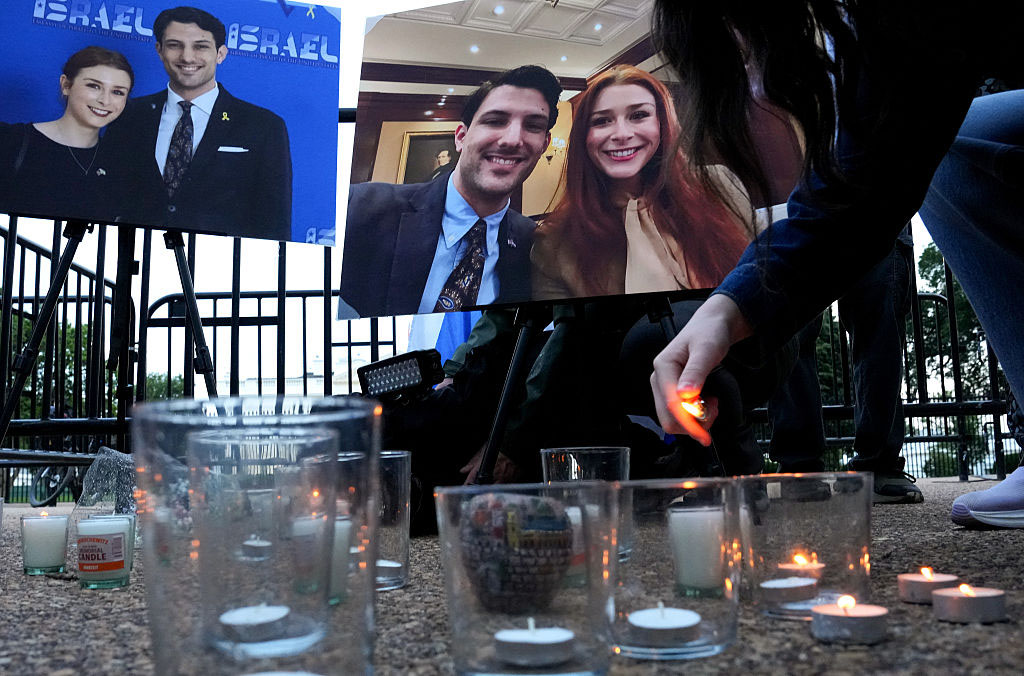
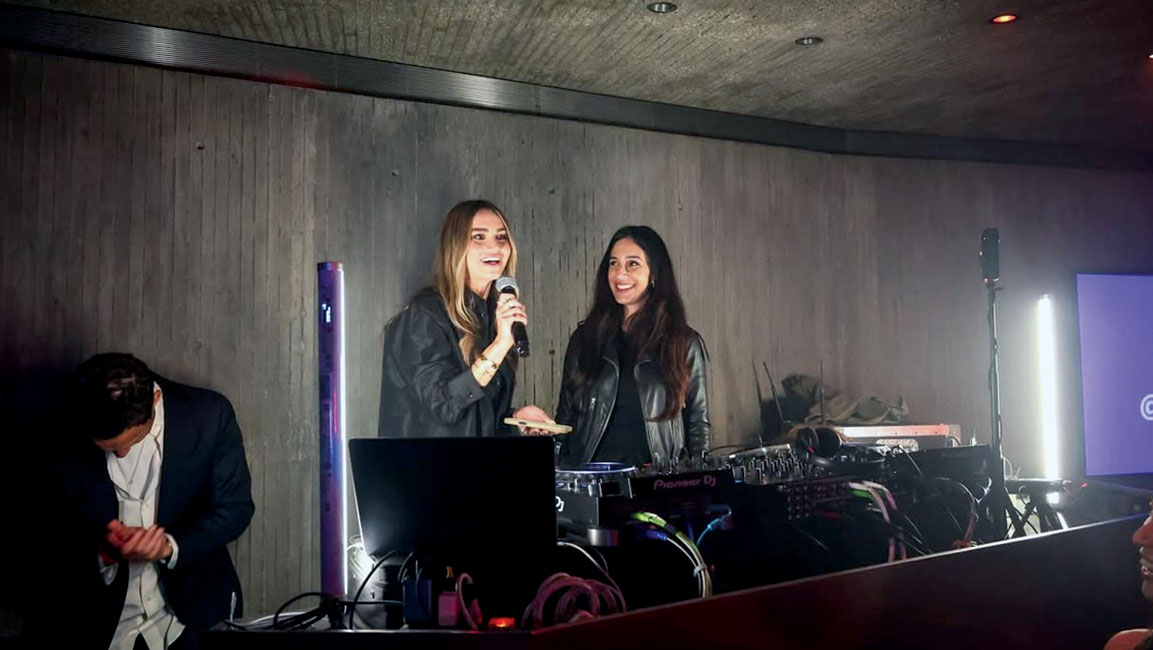
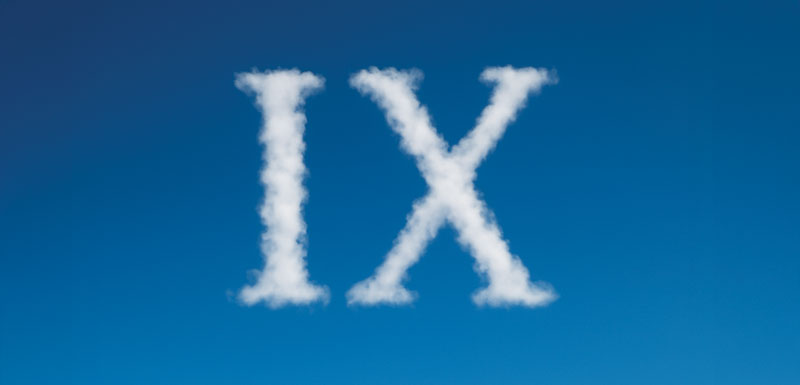

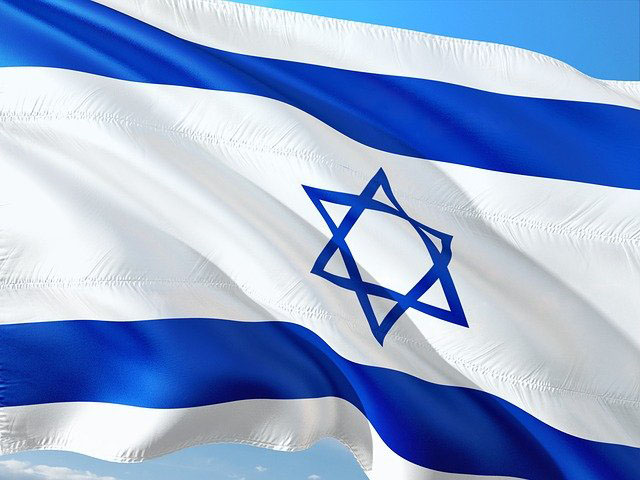
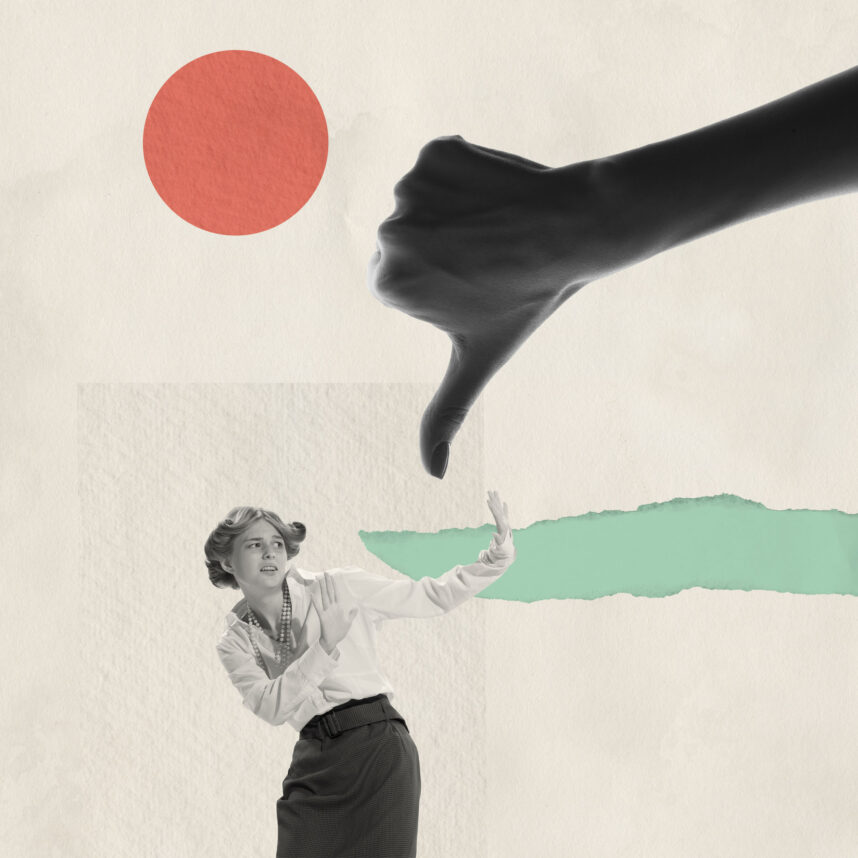
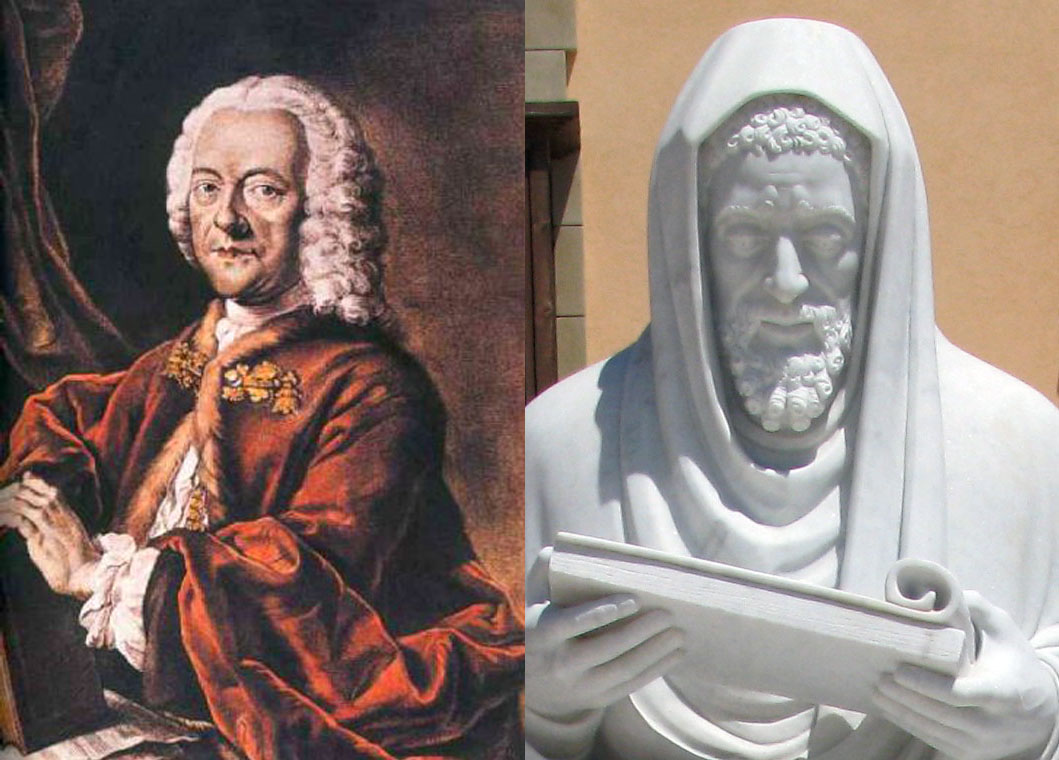
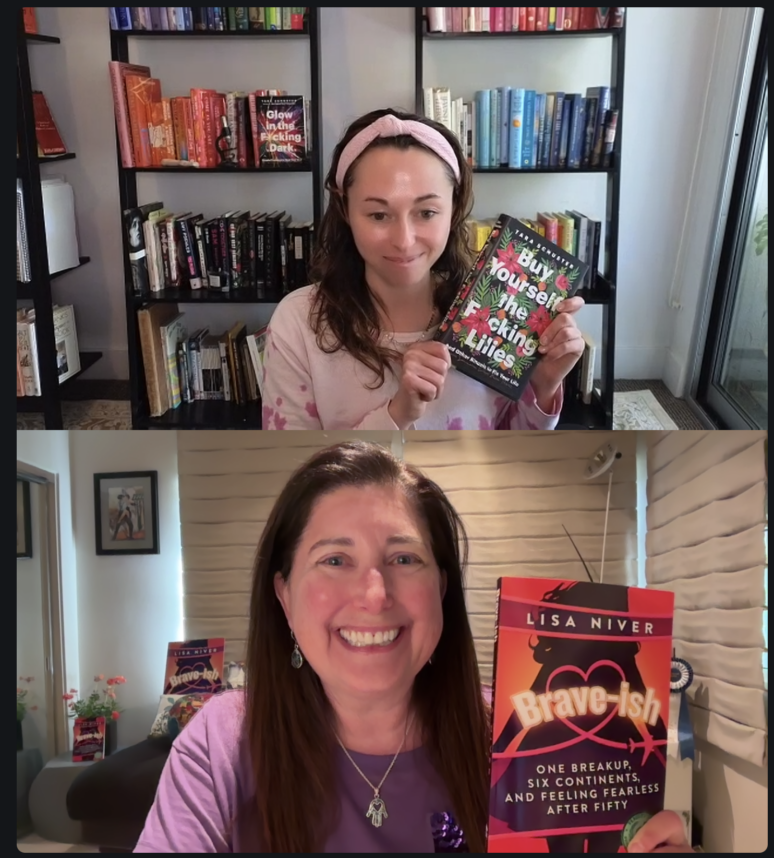
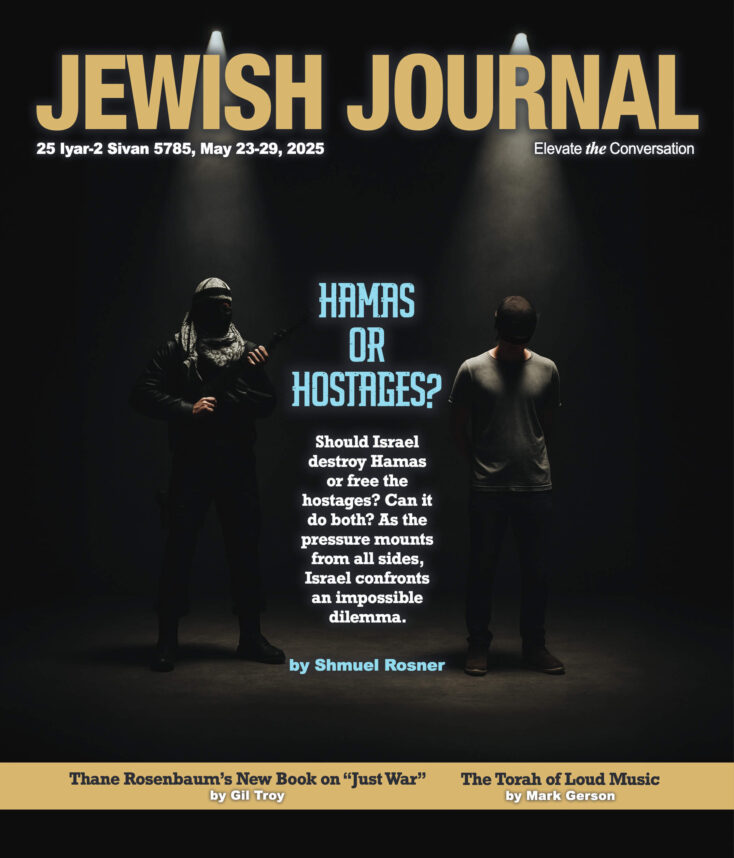
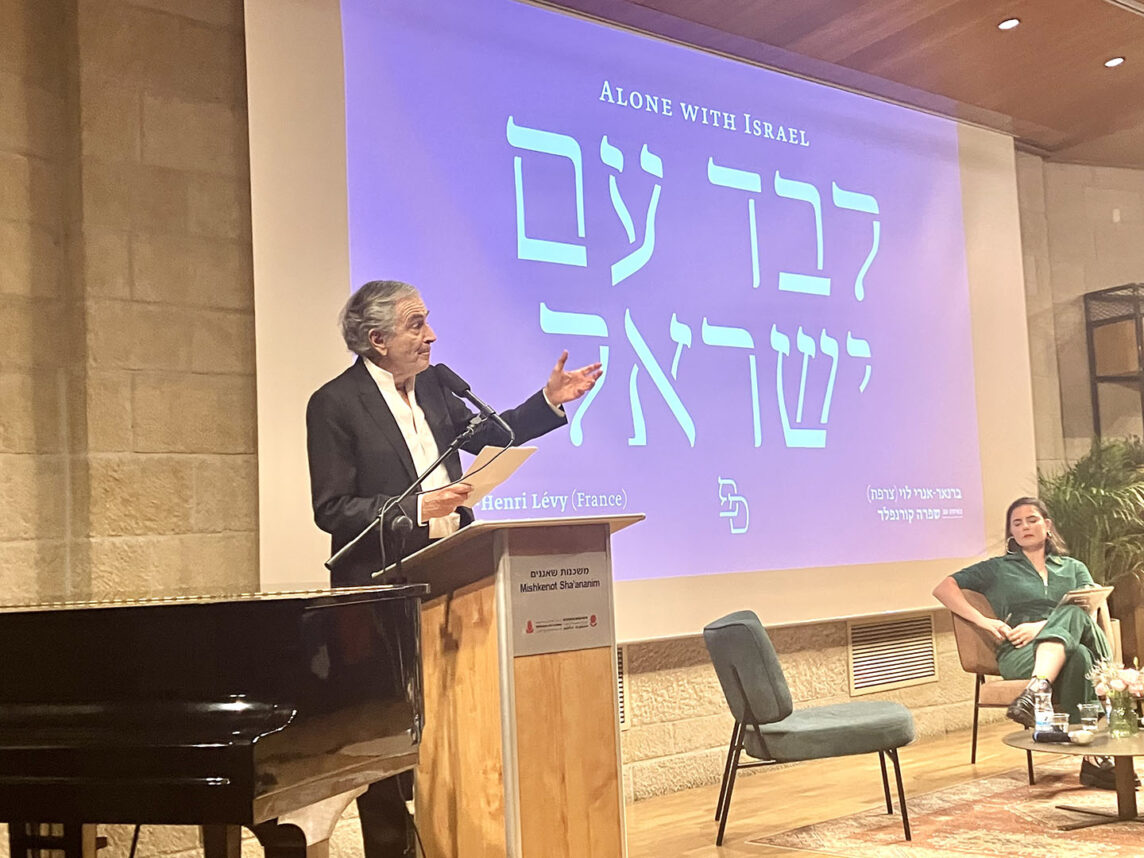
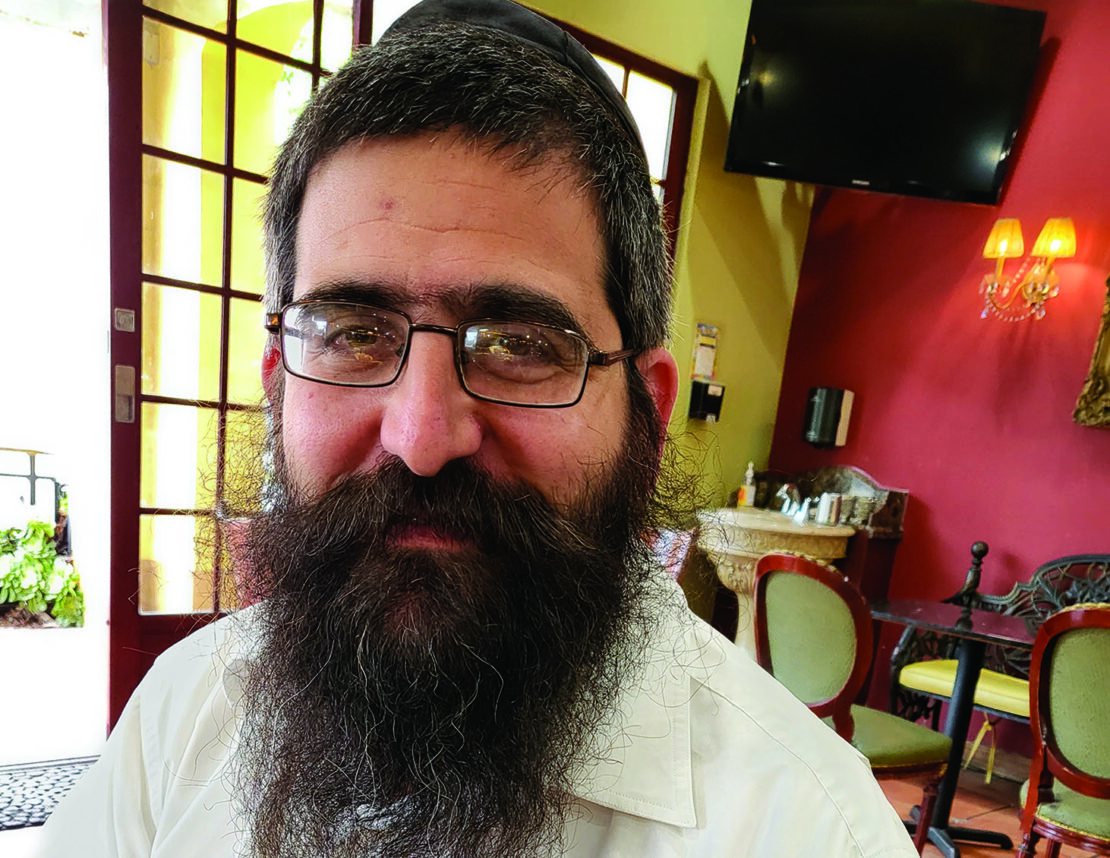



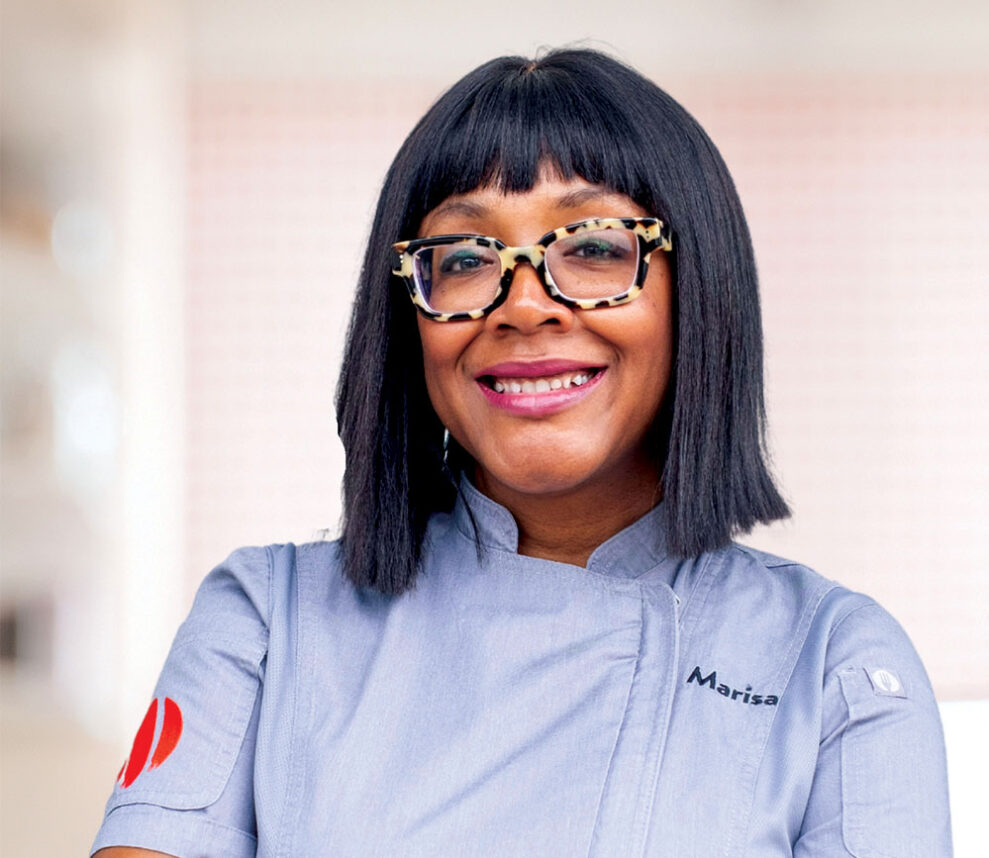

 More news and opinions than at a Shabbat dinner, right in your inbox.
More news and opinions than at a Shabbat dinner, right in your inbox.